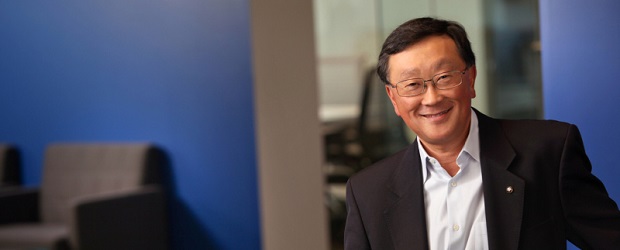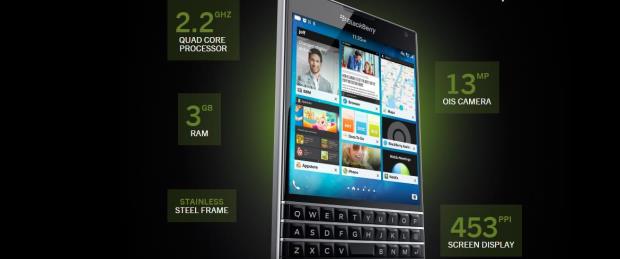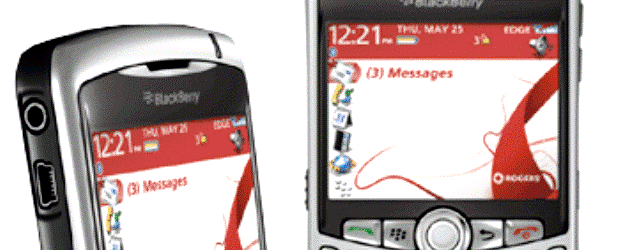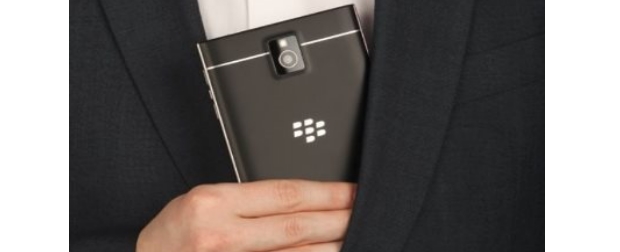BlackBerry Ltd. CEO John Chen was optimistic today even as the company reported a loss $207 million of 39 cents per share in its last quarter.
“We delivered a solid second quarter against our key operational metrics , and we are confident that we will achieve break-even cash flow by the end of FY2015,” he said in a statement.
BlackBerry made a profit of approximately $916 million which although below most analysts expectations of $950 million and below the $1.57 billion reported a year ago, was still above the forecasted second quarter loss of 16 cents per share.
BlackBerry sold 2.1 million smart phones in the period, down from 2.6 million sold in the first quarter, but more that the expected 1.8 million. Sales were likely helped by the release of the company’s low-cost Z30 smartt phone. Cash in the company’s coffers rose by $11 million to $3.1 billion.
However, according to the Worldwide Mobile Phone Tracker of analyst firm IDC, BlacBerry shipped only 1.5 million handsets which accounted for 0.5 per cent of the worldwide smart phone market. This indicates that the Waterloo, Ont.-based company still has a long road to go before catching up with the market leaders like Apple Inc. and Samsung.
If BlackBerry manages to sell 10 million smart phones a year, its handset division will enter profitability, said Chen. He also repeated earlier statements made at this week’s launch of the BlackBerry Passport that the company’s restructuing phase is behind it.
“Our workforce restructuring is now complete, and we are focusing on revenue growth with judicious investments to further our leadership position in enterprise mobility and security, driving us towards non-GAAP profitability during FY16,” he said.
The company had been under extreme pressure for several years now. After suffering humbling losses year after year in a market segment it pioneered,
Last year, BlackBerry had to shed some 4,300 personnel or a third of its workforce. Its attempt to catch up with the times by introducing the all-touchscreen BlackBerry Z10 forced the company to take $934 million tax writedown largely due to poor sales of the handset.
On Wednesday, however, Chen took to the stage once more sayinng “I am sure we are on our way back” as he held up the company’s square-screen Passport smart phone in Toronto.
Krista Napier, manager for mobility at analyst firm IDC Canada the Passport could just be the device BlackBerry needs to bring some life back to the company. She said the phone had the features that power users look for in a productivity device such as a long baterry life, and a screen that allows viewing of full spreadsheets.
Regaining dominance in the market, however, is another story.
“BlackBerry loyalist will be the main prospects for this device,” she said. “It’s possible they could win back some customers who had switched to another device, but given the competition in the market in the second half of the year from market leaders like Samsung and Apple, that will still be a very difficult battle for BlackBerry.”





